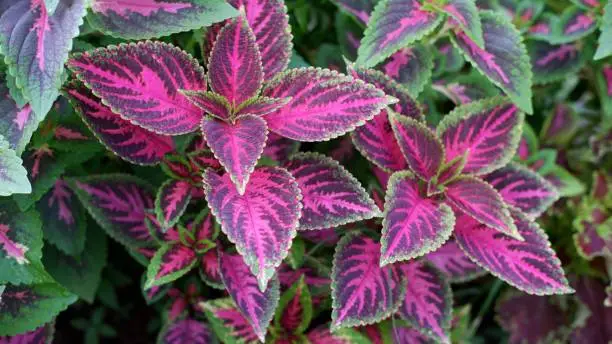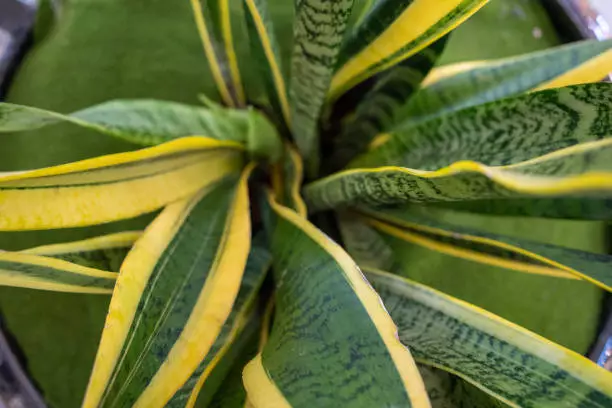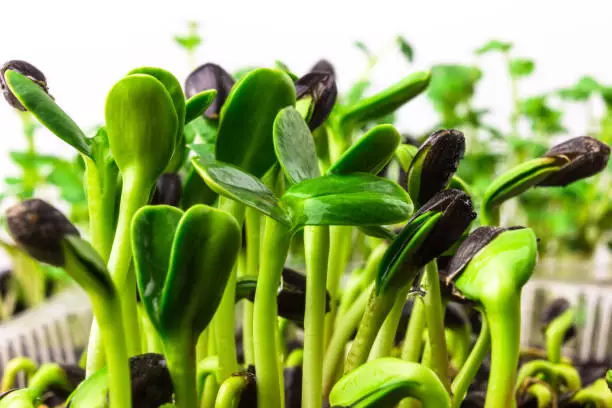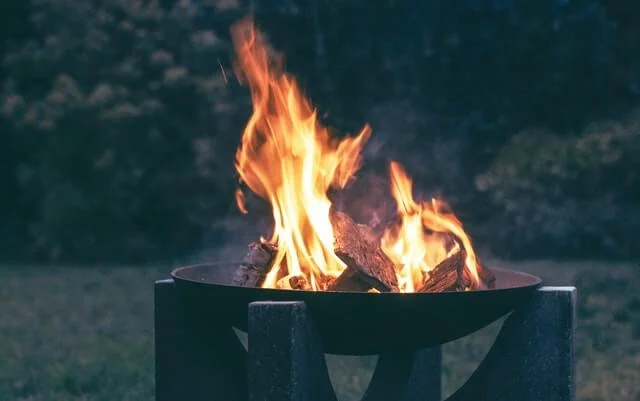Wax paper is a common kitchen supply in many homes, institutions, and restaurants due to its efficient waterproofing, which helps prevent sogginess in stored food. If you have plenty of used wax paper, you’re probably wondering if you can put it in your compost.
Wax paper is compostable and biodegradable if it is made of soybean wax or vegetable paraffin wax. If the paper is made of petroleum oil wax, you should not put it in your compost because it is neither safe nor healthy for the microorganisms in your garden and compost bin.
So does that mean that you can add any used wax paper to your garden compost? Just how biodegradable is it? Here’s a researched guide on whether kitchen wax paper is compostable and biodegradable; and what disposal options you should consider for your used wax paper.
Is wax paper compostable?
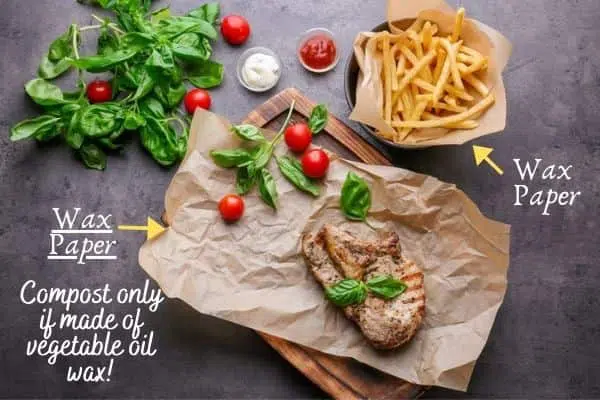
Not in the exact sense of the word because compost material should be organic and biodegradable. To find out whether you can add used wax paper material to your compost, you’ll have to find out the exact raw materials used by the manufacturer of the brand of wax paper you have.
For starters, you don’t have to worry about the paper itself, as it’s made from wood, which is compostable and biodegradable. It’s the wax coating that you should worry about. If the wax paper is coated with soybean wax, then, yes – your wax paper is compostable.
Soybean is a plant, which makes soybean wax organic and decomposable. Still, remember that bacteria may find it difficult to break down soybean wax, or any other kind of wax- for that matter.
Vegetable oil-based paraffin wax is compostable too. Therefore, if you have vegetable wax paper, you can go ahead and add it to your garden compost.
Petroleum-based paraffin wax- on the contrary- is inorganic and should never be included in a garden or compost.
Is wax paper biodegradable?
Only wax paper coated with wax from either of the two natural/organic wax varieties (vegetable oil wax and soybean wax) is considered to be biodegradable. Petroleum-based paraffin wax, however, is completely non-biodegradable.
According to EuroWaxPack, organic wax paper meets up to 90% of its relative biodegradability requirements (EN- 13432).
A basic rule of gardening is to make sure you do put organic material only in your garden and compost. So, even if you have used tea bags and you want to compost them, you have to check if the materials that made them are 100% organic.
RELATED: ARE TEA BAGS BIODEGRADABLE AND CAN BE COMPOSTED?
How long does it take to biodegrade?
The organic wax paper may take anywhere between two-four weeks to decompose. The organic wax paper boasts the same decomposition rate as that of plant leaves.
Therefore, if you add organic wax paper to your garden, compost, or worm bin, it will decompose at a fast rate, making it a great addition to your compost. It only takes effort in finding out what the paper is made of before mixing it with the contents of your compost.
What is wax paper made from?

The key raw material in the manufacture of wax paper is wood, which is endlessly renewable. Then, the wax material that coats the paper is usually made from either soybean or paraffin. Soybean wax comes from the soybean plant.
Paraffin wax- on the other hand- is made from vegetable oil or paraffin derived from petroleum, hence the names ‘vegetable wax’ and ‘mineral wax’.
Is it okay to add any wax paper to my compost?
To find out whether you can add the brand of wax paper you’ve got to your compost, check for the type of wax used to coat the paper material.
| Type of Wax Used to Coat the Wax Paper | Is it Recommended as Compost Material? |
| Soybean-based wax | Yes |
| Vegetable oil-based paraffin wax | Yes |
| Petroleum-based paraffin wax | No |
Best ways to dispose of wax paper
The best way to dispose of your used wax paper is to send it to a waste recycler. Wax paper possesses a high calorific value when incinerated, and thus can be an option for energy recovery. What’s more, paper is one of the most recyclable of all packaging materials, and as such, wax paper waste can be recycled into corrugated boards.
Alternatively, you can research to determine whether your wax paper is made of organic wax. If so, you can dispose of the wax paper waste by adding it to your garden compost.
On the contrary, if your wax paper is coated with petroleum-based paraffin wax, you may want to avoid adding it to your compost or dumping it illegally, since it’s non-biodegradable. Illegal dumping includes dumping in undesignated areas such as parks, playgrounds, and rivers.
The best way to dispose of your inorganic wax paper would be to dump it in your own household/ workplace waste bins- which are usually handed over to waste management service providers.
Licensed waste management companies usually sort out waste into organic, inorganic, e-waste, et cetera; a process known as source separating. They will then determine the best way to dispose of the wax paper, whether it be recycling or incineration by the recommendations of the relevant environmental sustainability bodies.
Takeaway
It’s important to note that even organic wax paper coated with wax derived from soybean or vegetable oil may still contain toxic additive elements like chlorine and bleach, depending on the manufacturers’ preferences. Such toxic chemicals undermine the quality of your compost as they can leech into the soil and negatively affect the growth of plants in your garden.
Therefore, before you add organic wax paper to your garden compost, you may want to double-check the labeling on the packaging or the brand manufacturer’s ingredient list. For instance- if the labels indicate that the wax paper is made of soybean wax and unbleached paper- you can safely add it to your compost, as it is both biodegradable and non-toxic.
Also, you may want to consider introducing mushroom spores to your compost to help with decomposition if you’ve added lots of organic wax paper waste to it. This is because microbes aren’t very good at breaking down wax- whether inorganic or organic.
RELATED: WHAT ARE THE BENEFITS OF DECOMPOSING MUSHROOMS
Fungi-like mushrooms, on the other hand, possess hyphae that excrete powerful enzymes that can break down wax into simple, digestible compounds. The spores will encourage the sprouting of mushrooms, which’ll then disperse more spores all over your compost, thus improving the decomposition rate in your wax-laden compost.
References:
[1] St. Joseph Toy, Iowa State University: Effects of Paraffin Waxes on Growth and Physiology of Rose Plants
[2] Denver Recycling Directory: How to Recycle Parchment & wax paper
